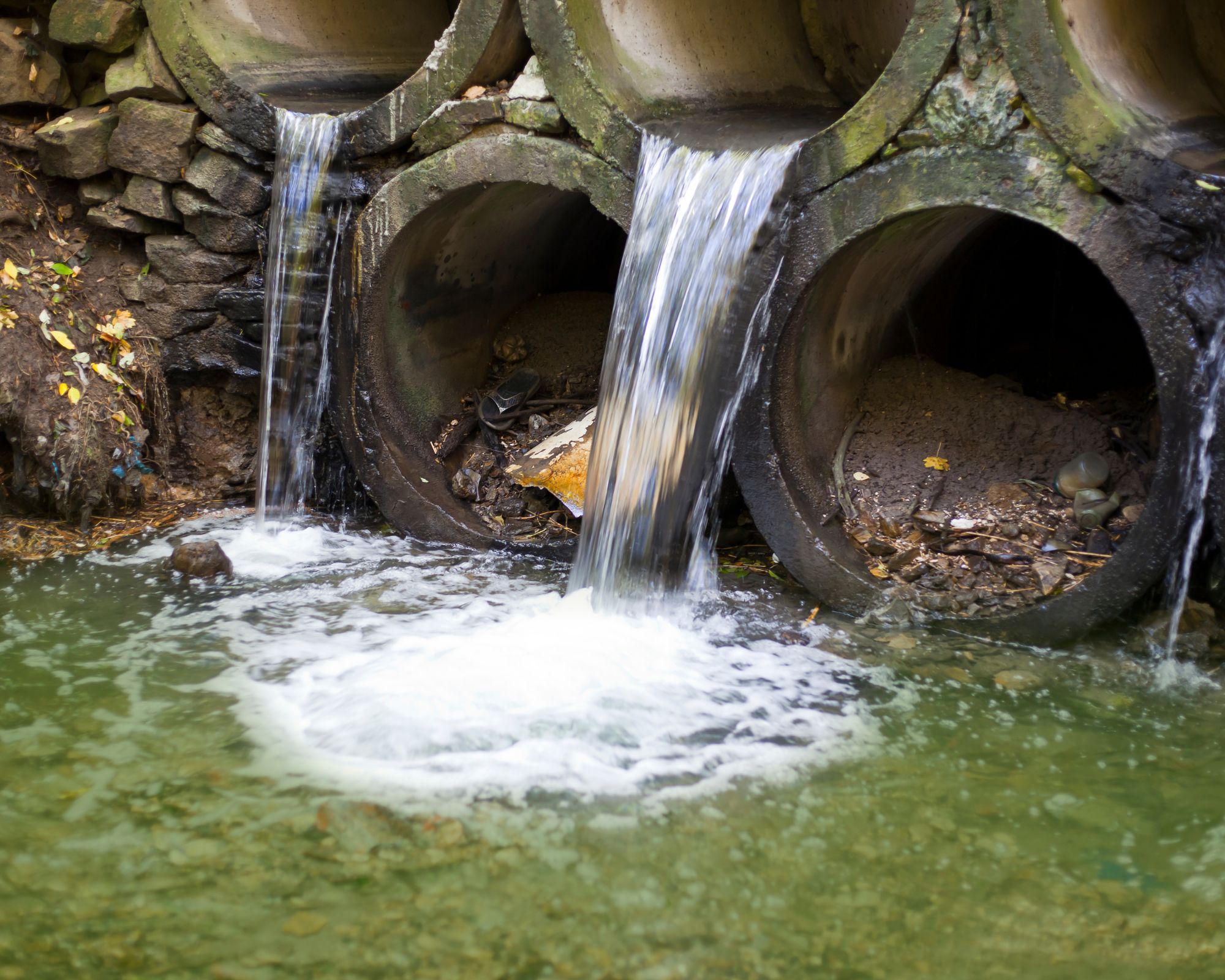Summary:
-
According to Environment Minister Rebecca Pow, water firms that violate the rule will face “severe penalties,” with the government still mulling fines of up to £250 million.
-
It comes after the government gave up on plans to increase the maximum fine for dumping sewage into rivers and seas to £250 million.
-
In the spring, a consultation on raising the upper limit on civil penalties for water corporations is scheduled to begin.
-
Jim McMahon, the shadow environment secretary for Labour, charged that the government did nothing to penalise businesses.
-
Caroline Nokes, a Tory MP, says that fines are not enough to get businesses to do a better job.
Environment Minister Rebecca Pow says that water companies that break the rule will face “severe penalties.” The government is still considering fines of up to £250 million.
It comes after the government gave up on plans to increase the maximum fine for dumping sewage into rivers and seas to £250 million.
Water companies “must move swiftly,” according to Ms. Pow, to enhance their performance.
Yet Labor charged that the administration made “the same old promises” while doing nothing.
In the spring, a consultation on raising the upper limit on civil penalties for water corporations is scheduled to begin.
In October, Ranil Jayawardena, who used to be Environment Secretary, suggested that the maximum fines be raised from £250,000 to £250,000,000.
On the other hand, the Times says that his replacement, Therese Coffey, thinks this kind of increase is too much.
The Department for Environment, Food, and Rural Affairs has said that all options, such as fines of £250 million, remain on the table.
-
How come raw sewage is pumped into the ocean?
-
How pristine are the beaches and rivers in the UK?
Concern over raw sewage being dumped into rivers and oceans has increased for water corporations.
In response to a pressing question about business performance in the Commons, Ms. Pow said, “If water and sewerage companies are found to have broken the law, they will face harsh punishments.” “We’re thinking about whether or not to use the suggested £250 million cap, and we’ll be holding a public meeting soon to talk about it.”
The environment minister called the current situation “absolutely unacceptable” and said the people of Britain and this government expect better.
Jim McMahon, the shadow environment secretary for Labor, charged that the government did nothing to penalize businesses.
“We’re back where we started when the same old justifications and pledges of action are repeated,” he said.
The government won’t act, so the water firms know they can laugh at the bank.
Caroline Nokes, a Tory MP, says that fines are not enough to get businesses to do a better job.
The former minister claimed that Southern Water’s record charge of £90 million a few years ago was insufficient to get the point across.
“Could we ensure that money is collected to force network investment rather than imposing fines?” Because existing results indicate that so far, it hasn’t worked.”
Presently, the Environment Agency has the authority to bring criminal and civil lawsuits against water firms that violate the law or damage the environment.
While there is no limit on the number of fines that can be given for criminal charges, civil sanctions can be set more quickly and without a lengthy court process.

